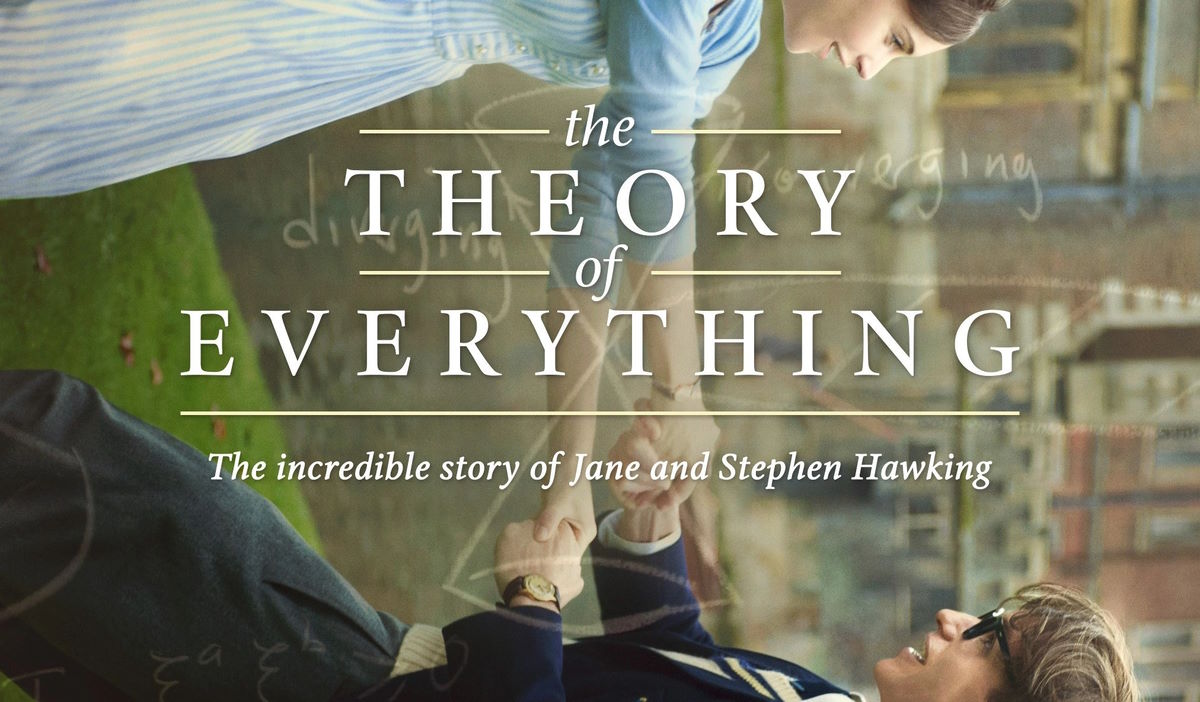Stephen Hawking, one of the greatest minds of our time, made groundbreaking discoveries in the fields of cosmology and theoretical physics. However, his personal life was not without challenges. Diagnosed with ALS, a progressive neurodegenerative disease, at the age of 21, Hawking was given just two years to live. The movie “The Theory of Everything” depicts his life and personal struggles, highlighting the importance of love, determination, and resilience in overcoming adversity.
“The Theory of Everything” portrays the story of Stephen Hawking’s life, from his early days as a student at Cambridge University to his rise as a renowned physicist and author. The film focuses on his personal struggles, including his battle with ALS and his relationship with his wife, Jane.

Stephen Hawking’s Diagnosis with ALS
ALS, or Amyotrophic Lateral Sclerosis, is a rare but devastating disease that affects the nerve cells responsible for controlling voluntary muscle movement. The disease causes muscle weakness and atrophy, leading to difficulties with speech, swallowing, and breathing. As the disease progresses, it becomes increasingly difficult to perform basic activities of daily living such as walking or even holding a cup. ALS is not just a physical disease, it also takes a toll on the mental and emotional wellbeing of those affected and their families. The progressive loss of function and independence can lead to feelings of frustration, isolation, and depression.
It is estimated that ALS affects approximately 2 in every 100,000 people worldwide. Although it is a rare disease, the impact it has on those who are diagnosed and their loved ones cannot be underestimated.
Currently, there is no cure for ALS and treatment options are limited. However, there are therapies and medications available that can help manage the symptoms of the disease and improve quality of life for those affected. Despite the challenges posed by ALS, many people with the disease continue to live fulfilling lives and make significant contributions to their communities. Stephen Hawking is a powerful example of the resilience and determination that is possible in the face of this disease.
Hawking was diagnosed with ALS while he was a student at Cambridge University. He was just 21 years old at the time and had his whole life ahead of him. Hawking began experiencing weakness in his hands and legs, as well as slurring of his speech. After a series of tests, he was diagnosed with ALS and was given just two years to live.

The Role of Love in Hawking’s Life
Hawking met his future wife, Jane, while he was a student at Cambridge University. They fell in love and got married in 1965. Jane played a crucial role in Hawking’s life, providing him with unwavering love and support throughout his battle with ALS. Despite the challenges they faced, their love for each other never wavered.
ALS is a disease that not only affects the person diagnosed with it but also their loved ones. Jane faced numerous challenges caring for Hawking and their children while also managing her own academic career. However, her love and support allowed Hawking to continue his work and make groundbreaking discoveries.
Hawking’s life is a testament to the power of love and support. Without the love and support of his family, he would not have been able to continue his work and make the contributions that he did. Love and support can help people overcome even the most difficult challenges in life.

Determination and Resilience in Overcoming Adversity
Hawking developed new ways of communicating and used technology to continue his work despite his physical limitations. His intelligence and creativity allowed him to continue to push forward, breaking barriers and making breakthroughs in the world of science.
Resilience is the ability to bounce back from setbacks and face challenges head-on. It is a crucial quality to have when facing life’s challenges, and it is a quality that can be cultivated with practice and determination.
The Legacy of Stephen Hawking
Hawking made numerous contributions to the fields of cosmology and theoretical physics. His work on black holes and the origins of the universe is still studied and admired today. He also used his platform to raise awareness about disability rights and advocated for increased funding for scientific research.
Hawking showed that even in the face of tremendous adversity, it is possible to make a difference in the world. He also demonstrated the power of love and support in overcoming life’s challenges. Stephen Hawking’s life and legacy provide valuable lessons for us all. We can learn from his determination, resilience, and creativity in the face of adversity. We can also learn from his love and support for his family and the importance of these relationships in our own lives.
As we continue to explore the vast world of movies and TV shows, let’s look for uplifting stories and valuable life lessons that can inspire us to be better and make a positive impact in the world.

